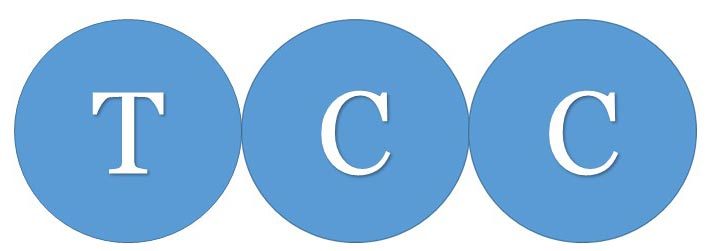TELLING STORIES AT INTERVIEW
by
Dr Terry Galvin

As I once more steered him away from a generic, textbook account of best management theory and practice, an interviewee recently observed, “I’m struggling with the types of question you are asking. I’m sure I satisfy these requirements but coming up with specific examples to demonstrate these skills is proving really difficult”.
This person’s CV supported his claims regarding likely capability. Now a senior executive, he had achieved much in his career to date, and his good reputation in the industry had resulted in a series of rapid promotions as well as a number of invitations to successively bigger roles. Ironically, as a consequence of his success, he could not remember when he had last attended a formal interview.
What his lack of recent interview experience had ensured was an unfamiliarity with the increasingly popular competency based style of interviewing. Hence he was clearly unprepared for the encounter. Perhaps he felt his track record was all that was needed in terms of selling his suitability. Nevertheless, I have often heard seasoned recruiters comment that it is often not the best candidate that secures the appointment. Rather, it is the one who is able to present as the best candidate. So, however good have been your past achievements, you are likely to be beaten to the post if you do not take the trouble to package them as best possible during the course of the competency based interview.
The basic premise of the competency based interview is that the best predictor of future performance is past performance. Therefore, the interviewer is eager to hear about, and question around, actual examples of previous work events. The way you have reacted to various situations in the past is likely to be a fairly accurate predictor of how you will respond in similar scenarios within the future.
Yes, you may have superb job related skills but unless you can cite convincing examples of when you demonstrated these fine attributes, you will putting yourself at a great interview disadvantage.
Never consider that your ability to think on your feet will ensure you are able to present as the best candidate. Without doubt, preparation is the key, and the more you do, the more likely you are to succeed.
So What Is My Advice?
- Start with the employer’s “shopping list”
- obvious core, generic traits (communication skills etc)
- corporate values (see website)
- corporate culture (research)
- job specific (job description and advertisement)
- Build a database of short stories (at least two) describing events from your recent past where you have demonstrated each of these “shopping list” competencies.
- Memorise these stories in such a way as you will be able to respond comfortably and confidently to the STAR model which most professional interviewers use. This model requires you to refer to a particular Situation you encountered; the Task you had to achieve; the Actions you took; and the Results of your efforts.
At interview: –
- Listen carefully to the questions to understand the competency being scrutinised and to allow you to decide which of your stories is likely to provide the best response.
- Do not sound too well rehearsed. Hesitate and reflect a little before recounting each of your stories.
- If you can’t think of example, it is best to say so rather than attempting to blunder on. The good interviewer will usually rephrase the question which is likely to get you back on track.
After interview: –
- Note any questions you did not anticipate and prepare associated stories for possible use in the future.
And if you are still not convinced, just recall the old adage that failing to prepare is preparing to fail!
© 2019 Dr Terry Galvin
